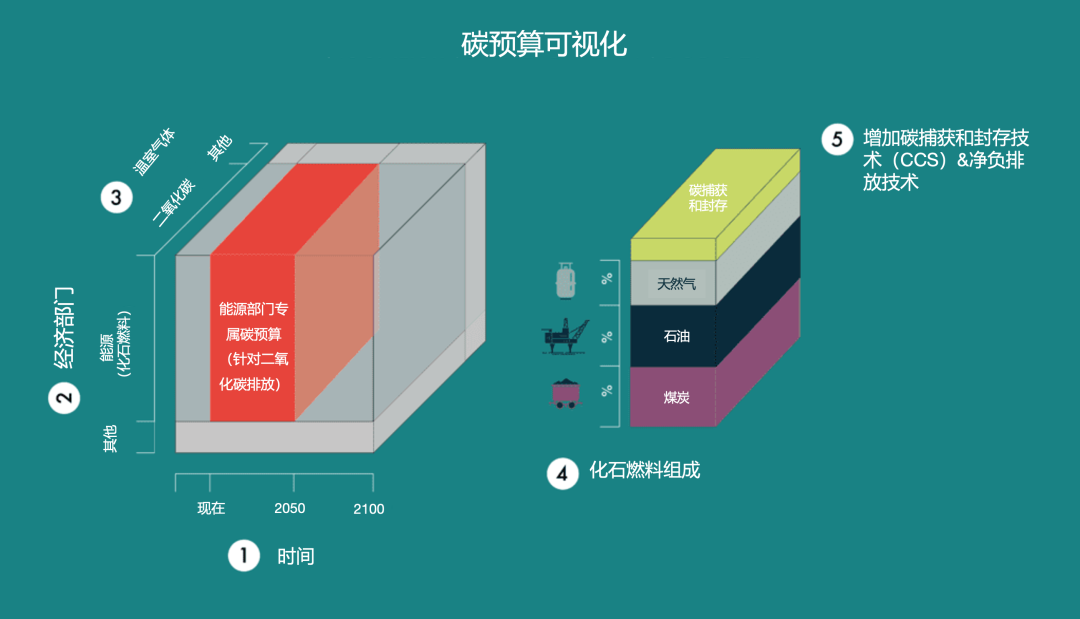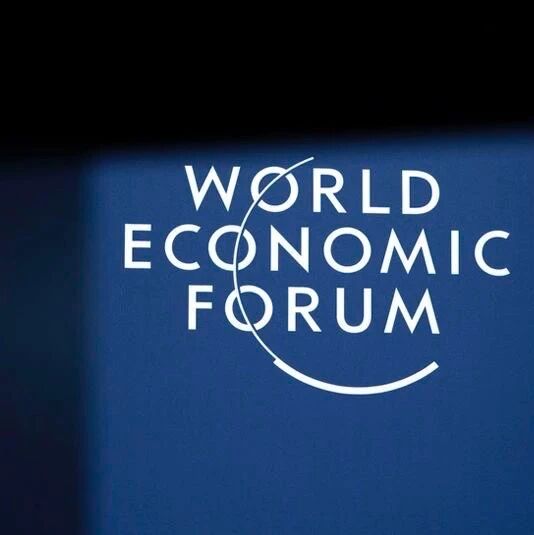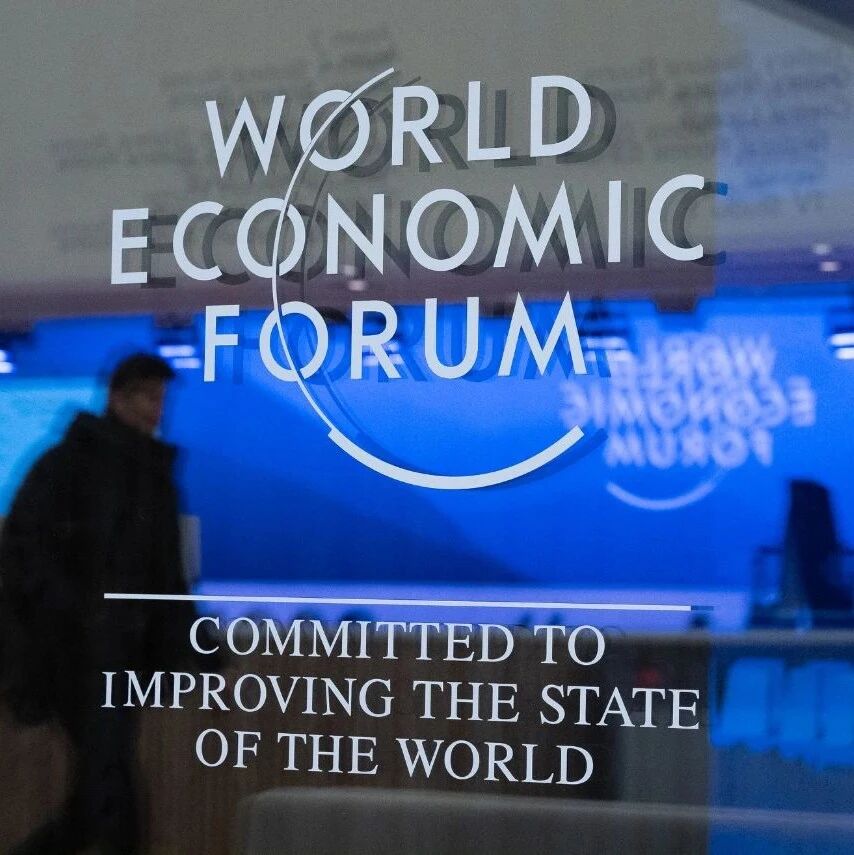A carbon budget measures the amount of carbon dioxide emitted by industries, households, and all other economic sectors, in order to determine how much emissions must be reduced in the future.
Image source: Unsplash/Anne Nygård
Annabel Walker
Formative Content Contributor
A carbon budget offers a way to assess the progress of government climate goals.
The UK has already met its carbon budget targets for 2018–2022, thanks in part to the drop in transport emissions during the COVID-19 pandemic.
According to the World Economic Forum's "Global Risks Report 2024," extreme weather events driven by the climate crisis rank as the second-largest threat impacting the world.
A carbon budget measures the amount of CO₂ generated by industries, households, and all other economic sectors, in order to determine how much emissions must be reduced in the future. The goal is to achieve net-zero emissions—balancing the amount of CO₂ released into the atmosphere with the amount removed from it.However, as carbon emissions rise rapidly, countries must increasingly revisit and recalibrate their carbon budgets.How a carbon budget worksThe carbon budget aims to reduce carbon emissions in one economic sector, balancing out increased emissions in another sector—such as the agricultural sector.The carbon budget links emission rates to rising global temperatures and provides a step-by-step approach to achieving climate goals, helping to limit global warming. Additionally, the carbon budget aids in assessing the effectiveness of greenhouse gas reduction measures, such as the adoption of renewable energy sources, while also accounting for mitigating factors like carbon capture initiatives and reforestation programs.This approach allows carbon budgets to provide insight into a country’s progress toward achieving net-zero emissions. Countries like the UK and Japan have already established legally binding carbon budget frameworks.To limit global temperature rise to no more than 1.5°C–2°C above pre-industrial levels, emissions reductions play a critical role. Scientists warn that exceeding this temperature range would expose communities and livelihoods to increasingly severe natural disasters, such as frequent extreme weather events, rising sea levels, and declining biodiversity.According to the World Economic Forum's "Global Risks Report 2024," extreme weather events driven by the climate crisis rank as the second most significant risk impacting the world over the next two years—and are set to become the number one risk within the next decade.Net-zero emissions are expected to curb rising temperatures and have already garnered strong support from countries around the world. In 2015, 196 nations along with the European Union signed the United Nations' Paris Agreement to accelerate emissions reductions. More than 70 countries have pledged to achieve net-zero emissions between 2050 and 2060, including major carbon-emitting nations such as China, the United States, and EU member states—accounting for 76% of global emissions.The World Economic Forum has launched the Net-Zero Cities Initiative to help the world's most populous regions achieve decarbonization.In its latest 2023 report, the Intergovernmental Panel on Climate Change (IPCC) summarized five years of findings on global temperature rise, fossil fuel emissions, and climate impacts."The AR6 Synthesis Report: Climate Change 2023" warns that, to limit global temperature rise to within 1.5°C, emissions must be reduced by at least 43% compared to 2019 levels by 2030—and by at least 60% by 2035. We are now entering the critical decade for achieving this goal.A carbon budget measures the amount of carbon dioxide emitted and calculates how much emissions must be reduced in the future.
Image source:Carbon Tracking
The IPCC report found that emissions are growing at roughly half the rate they were a decade ago. Meanwhile, some countries are leveraging their carbon budgets to develop sustainable, long-term development strategies.For example, Costa Rica’s budget plan includes measures to ensure investments flow toward sustainable public transportation, while Fiji, an island nation vulnerable to rising sea levels, is focusing on restoring its ecosystems.Additionally, there is still debate over which countries should adopt the strictest budget plans: Should the nations with the highest emissions bear the greatest responsibility, or should all countries share the burden equally?The UK has already met its third carbon budget target from 2018 to 2022, with some remaining allowance still available.However, the UK's Committee on Climate Change (CCC)—an independent body responsible for advising on emissions reduction targets—has warned the government against relying on remaining allowances and "relaxing future carbon budgets."The UK's 2008 Climate Change Act established legally binding five-year carbon budgets aimed at capping greenhouse gas emissions.Professor Piers Forster, interim chair of the CCC, stated in an open letter to Member of Parliament Graham Stuart: "Moving forward, the carbon budget must accelerate the pace of decarbonization and broaden its scope of impact. To achieve net-zero emissions, we must remain committed to an ambitious pathway of emission reductions. The Committee firmly opposes using the remaining emission allowances from the third carbon budget plan."The letter's attachment stated that the budget targets have become easier to achieve primarily due to several "external factors," specifically "a more stringent EU Emissions Trading System cap than anticipated, lower-than-expected GDP growth, and the impact of the COVID-19 pandemic on transportation emissions."The above content solely represents the author's personal views.This article is translated from the World Economic Forum's Agenda blog; the Chinese version is for reference purposes only.Feel free to share this on WeChat Moments; please leave a comment below the post if you’d like to republish.
Translated by: Di Chenjing | Edited by: Wang Can
The World Economic Forum is an independent and neutral platform dedicated to bringing together diverse perspectives to discuss critical global, regional, and industry-specific issues.
Follow us on Weibo, WeChat Video Accounts, Douyin, and Xiaohongshu!
"World Economic Forum"






